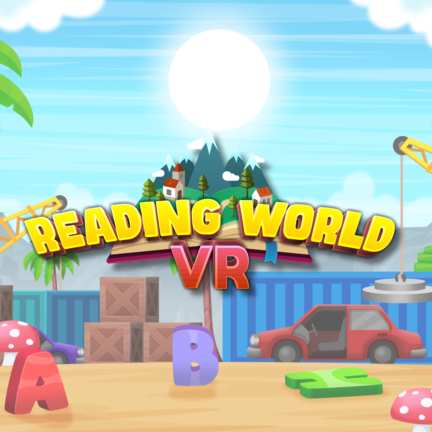Educational games provide an opportunity to support your child’s learning and enhance their abilities. There is a range of games that cater to different age groups and subjects allowing you to find the perfect fit, for your child’s specific needs. In this blog post we will explore the advantages that educational games offer to children and provide guidance on how to select the games for your child.
Benefits of Educational Games
There are many benefits to playing educational games. Here are just a few:
-Improved learning: Educational games help children learn concepts and skills in an engaging manner.
-Increased motivation: When children play games, they tend to be more motivated to learn.
-Enhanced problem-solving skills: Educational games can help children develop problem-solving skills.
-Improved hand-eye coordination: Many educational games require children to use their hands and eyes in coordination. This can help improve their hand-eye coordination.
-Increased creativity: Educational games can help children develop their creativity.
-Improved social skills: Some educational games are designed to be played with other children. This can help children develop their social skills.

Tips for Choosing Educational Games
When choosing educational games for your child, there are a few things you should keep in mind:
–The child’s age: Make sure the games you choose are appropriate for your child’s age.
-The child’s interests: Choose games that your child is interested in. This will help them stay motivated to play.
-The game’s quality: Make sure the games you choose are well-made and educational.
-The game’s cost: Educational games can range in price from free to expensive. Choose games that fit your budget.
Educational games can be a great way to help your child learn new things and improve their skills. With so many educational games available, you can find one that is perfect for your child’s needs.

Parental Engagement: Amplifying the Benefits of Educational Games
While educational games offer advantages for children it is essential not to overlook the significant role parents and guardians play in this learning journey. Here are some ways active parental engagement can prove beneficial;
Guided Discussions
Post-game discussions can be instrumental. Asking questions about the game’s content, challenges faced, and lessons learned can reinforce the educational concepts and foster deeper understanding.
Balanced Screen Time
While educational games are beneficial, it’s essential to ensure a balance between digital and offline activities. Parents can set specific durations for gameplay, mixed with physical activities and traditional learning.
Game Selection
With a myriad of options available, parents can help curate a list of games that align with their child’s academic needs and personal interests, ensuring a more effective learning experience.
Real-world Application
Parents can create scenarios where children apply the knowledge gained from games in real-world contexts. For instance, after playing a math game, they could be tasked with budgeting a family vacation.
Social Interaction
While many games offer multiplayer modes, encouraging children to play in groups, physically or virtually, can enhance their social skills, teamwork, and collaborative problem-solving abilities.
Feedback Mechanism
Constructive feedback can boost a child’s confidence and guide them towards better strategies. Celebrate their achievements in games and offer solutions for challenges they might face.
Stay Updated
The world of educational games is ever-evolving. Parents should stay updated with the latest trends, ensuring their children have access to the best and most relevant games.
Staying updated with the trends in gaming is crucial for parents. This ensures that children have access to the most relevant games.
Conclusion
Overall while educational games have proven to be effective, it is crucial for parents to actively participate and engage with their children during these gaming experiences in order to maximize the learning potential. By being involved parents can make the learning process comprehensive, applicable and influential.
Here are a few additional tips for getting the most out of educational games:
-Play with your child: Playing educational games with your child can help them learn and have fun at the same time.
-Set a timer: Playing educational games for too long can be counterproductive. Set a timer for 30 minutes or so and then take a break.
-Talk about the game: After playing an educational game, talk to your child about what they learned. This will help them solidify their understanding of the concepts.
-Vary the games: Don’t just play the same educational games over and over again. Variety will help keep your child interested and engaged.
With a little planning, educational games can be a great way to help your child reach their full potential.








